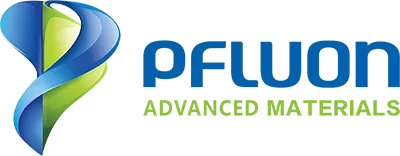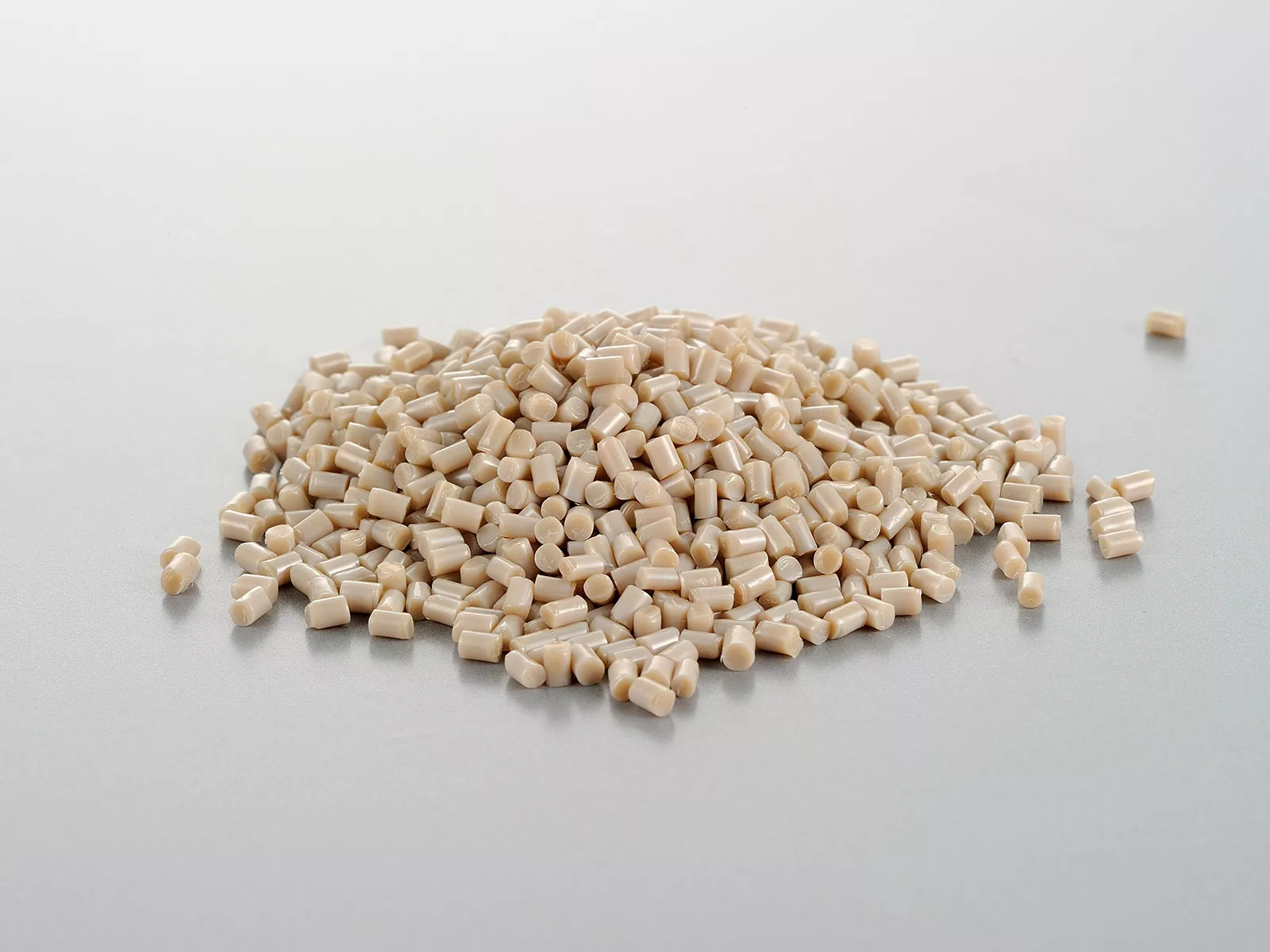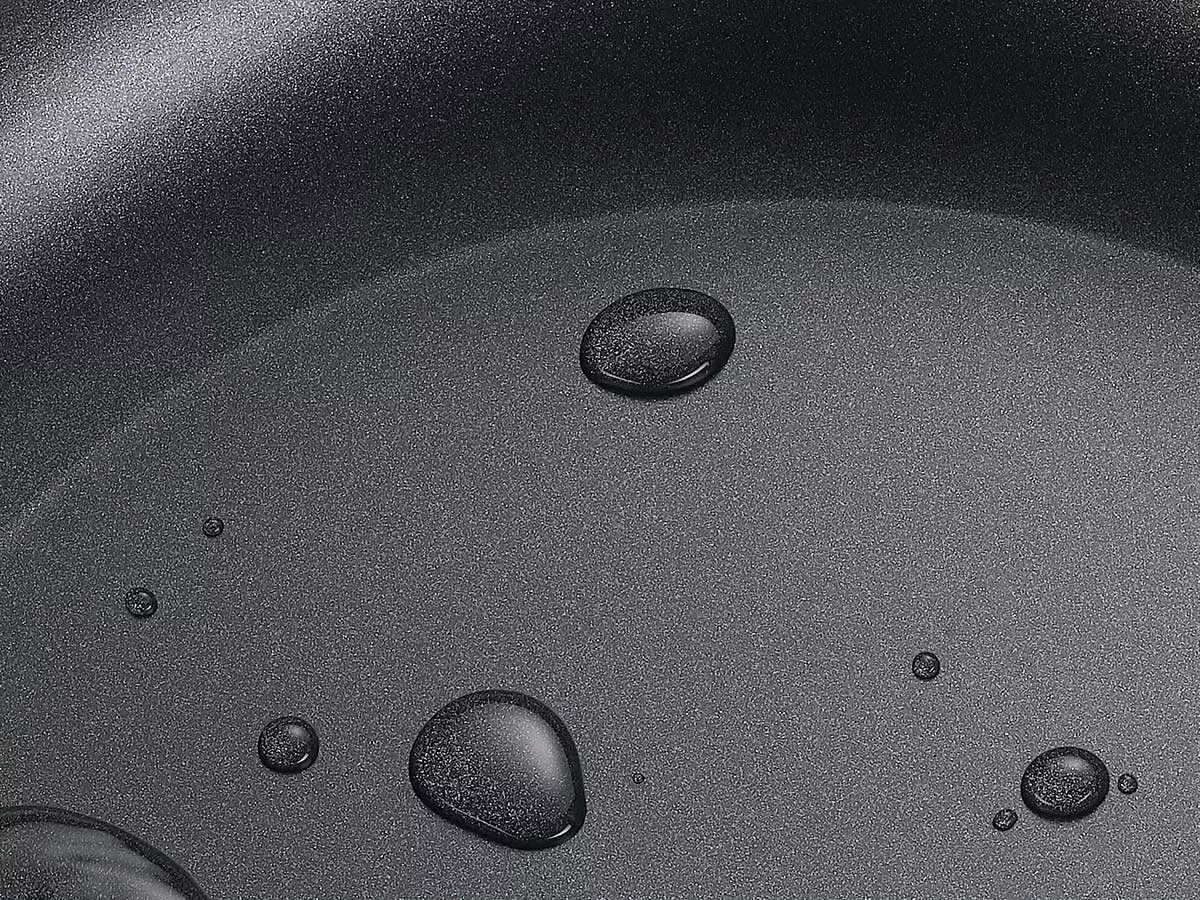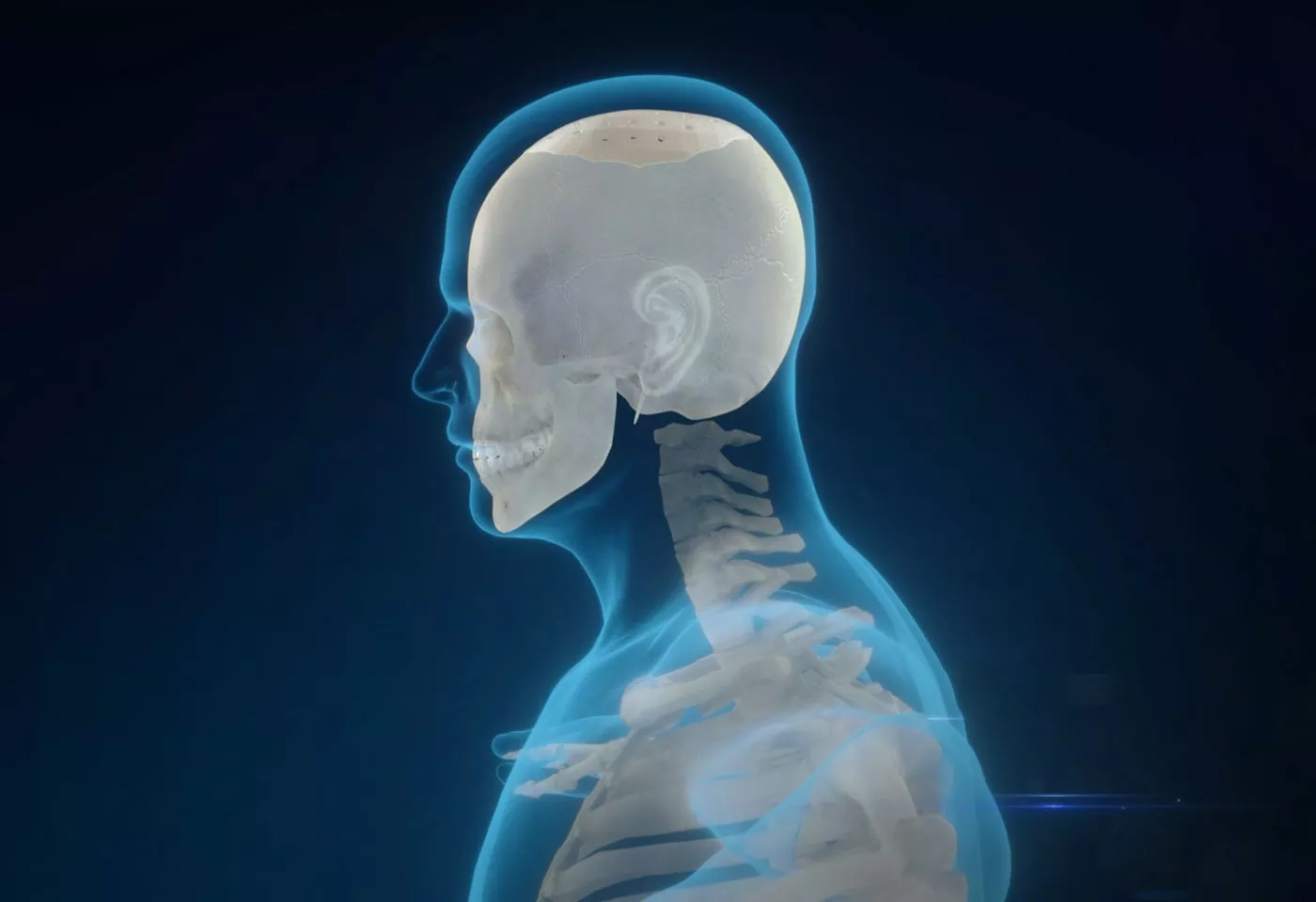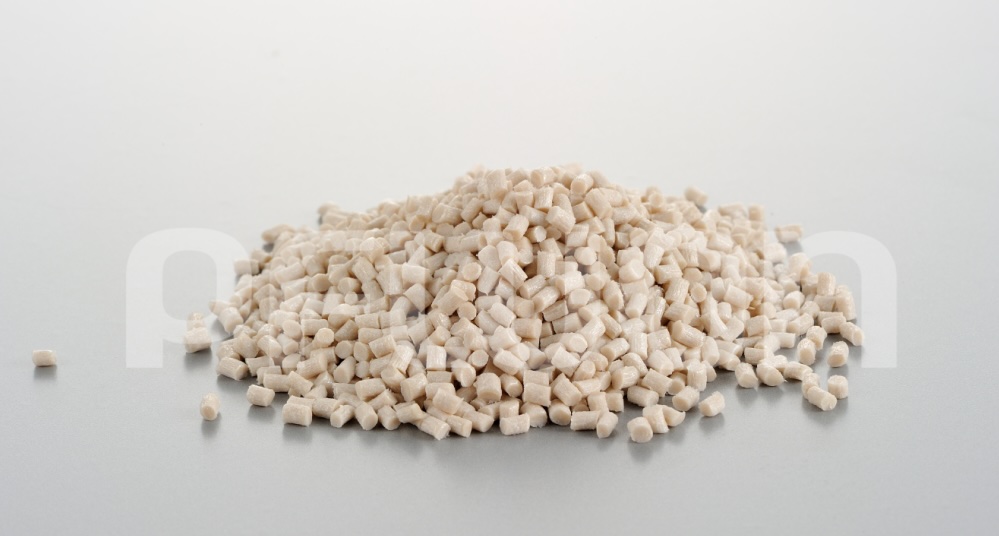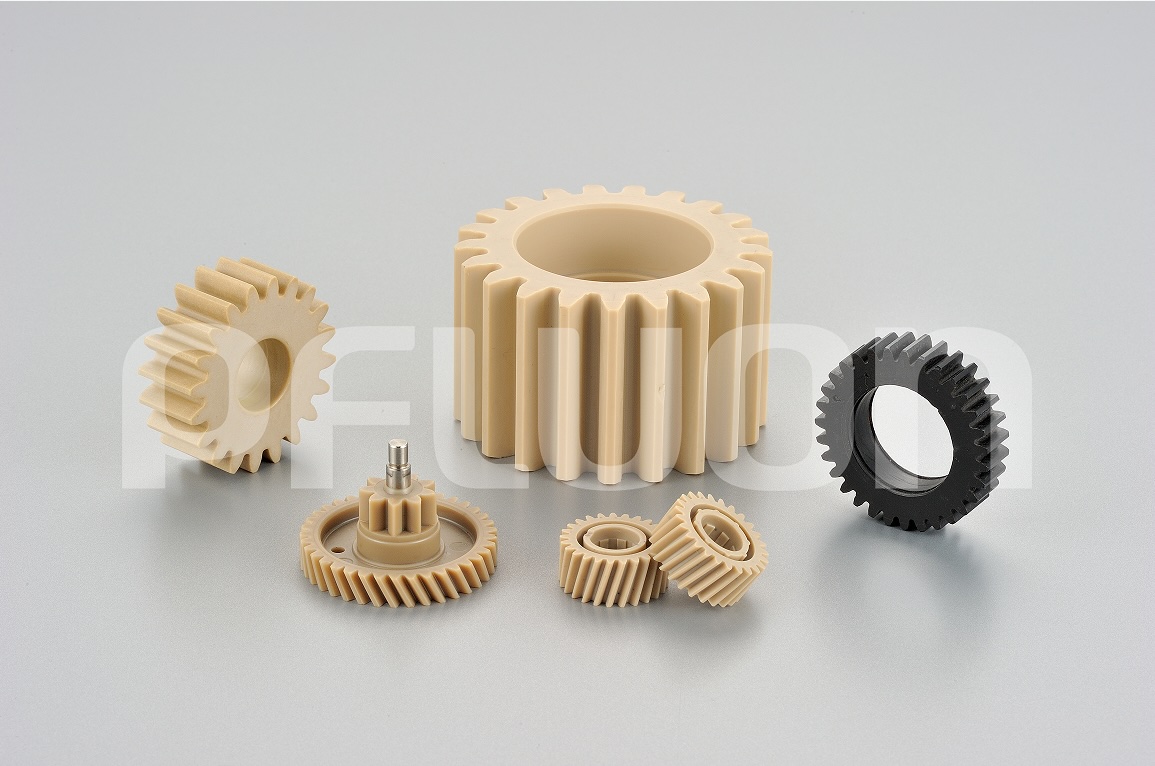Gears play a crucial role in modern automotive systems. Whether in the transmission or steering systems, the performance of gears directly impacts the efficiency, stability, and durability of the entire system.
Traditionally, metal gears are manufactured through processes like cutting and grinding. These methods often result in large machining errors, high costs, and complex installation procedures. Additionally, metal gears tend to produce significant noise due to friction and are prone to wear and tear during regular use. To overcome these challenges, the search for high-performance gear materials has become a major trend in the automotive industry.
Read more about Pfluon's PEEK material here.
Advantages of PEEK in Gear Manufacturing
Polyetheretherketone (PEEK) has gained increasing attention for its exceptional properties. Here, we explore the advantages of using PEEK in automotive gear manufacturing.
- Excellent High-Temperature Resistance: PEEK has a high glass transition temperature and melting point, allowing it to withstand high-temperature environments while maintaining stable performance. It can operate continuously without load at temperatures up to 260°C, with a glass transition temperature (Tg) of 143°C and a melting temperature (Tm) of 343°C.
- Superior Mechanical Properties: PEEK gears work stably under high pressure and high speed, exhibiting high creep resistance and fatigue resistance, thus extending the service life of gear components.
- Outstanding Flame Retardancy: PEEK achieves UL94V-0 rating without added flame retardants and produces minimal smoke. Its self-extinguishing properties and low smoke emission meet stringent safety standards, making it widely used in aerospace and defense.
- High Self-Lubrication: PEEK's excellent self-lubricating properties make it suitable for applications requiring low friction and wear resistance. This reduces friction, wear, energy loss, and noise, extending gear life and reducing maintenance costs.
- Lightweight Construction: With a density of only 1.3g/cm³, PEEK is significantly lighter than common metals, reducing the overall weight and inertia of equipment, thus enhancing efficiency and performance.
- Cost-Effective Manufacturing: PEEK is easy to process, and injection molding can meet the manufacturing needs of complex gears while ensuring high precision in dimensions and quality control, offering greater design flexibility.
Pfluon's "Fatigue Resistant" PEEK Series
Pfluon's "Fatigue Resistant" PEEK products are ideal for manufacturing automotive internal gear components. These products offer exceptional fatigue resistance, wear resistance, corrosion resistance, high and low-temperature resistance, high strength, impact resistance, self-lubrication, and low friction coefficients, making them perfect for automotive lightweighting and performance enhancement.
Performance tests indicate that Pfluon's "Fatigue Resistant" PEEK products excel under repeated stress conditions, making them a reliable solution for automotive gears. Lifecycle tests on large torque gears for commercial vehicle steering systems have shown that Pfluon's products can undergo more test cycles under the same conditions compared to similar domestic and international products.
Benefits of Using Pfluon's PEEK Gears
- Lower Fuel/Electricity Consumption: The lightweight characteristics of PEEK reduce the mass inertia of the transmission system, decreasing energy loss during acceleration and deceleration. This improved energy efficiency significantly reduces energy consumption for both fuel and electric vehicles.
- Reduced Noise: Replacing traditional metal gears with PEEK gears significantly lowers noise levels by over 10 decibels. The self-lubricating and wear-resistant properties of PEEK reduce friction and wear between gears, thus minimizing noise and providing a quieter, more comfortable driving environment.
- Stable Driving and Handling: PEEK's thermal stability ensures that gears maintain their dimensions and stability during prolonged operation. This dimensional stability is crucial for maintaining gear meshing accuracy and transmission efficiency, providing consistent driving performance throughout the vehicle's lifecycle.
Processing Methods for Pfluon's PEEK Products
Pfluon's "Fatigue Resistant" PEEK products support various processing methods, depending on design requirements, production volume, cost budget, and performance needs. Here are three mainstream methods:
- Injection Molding: Suitable for mass production of complex-shaped gears. PEEK resin is heated to a flowable state and injected into pre-designed molds, cooling and solidifying to form the desired gear shape. This method ensures high precision and consistency while maintaining material performance.
- 3D Printing (Additive Manufacturing): Offers greater design flexibility and precision, producing complex geometries that traditional methods cannot achieve. Ideal for customized gears, transitioning from design to final product quickly, reducing material waste, and improving material utilization.
- Machining: Uses CNC machines to cut and mill gears from PEEK blocks, suitable for high-precision gear production, especially for non-standard sizes or complex designs. Though slower and costlier, it offers high flexibility and precision.
Conclusion
PEEK materials exhibit exceptional performance and potential in automotive gear manufacturing. As a leading manufacturer and solutions provider, Pfluon leverages its deep technical expertise and comprehensive service system to meet diverse customer needs with precision. Contact us if you want our PEEK service.
We are confident that our professional technology and quality service will help elevate your product's performance and durability to new heights.
